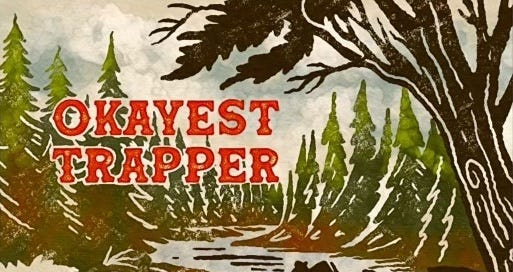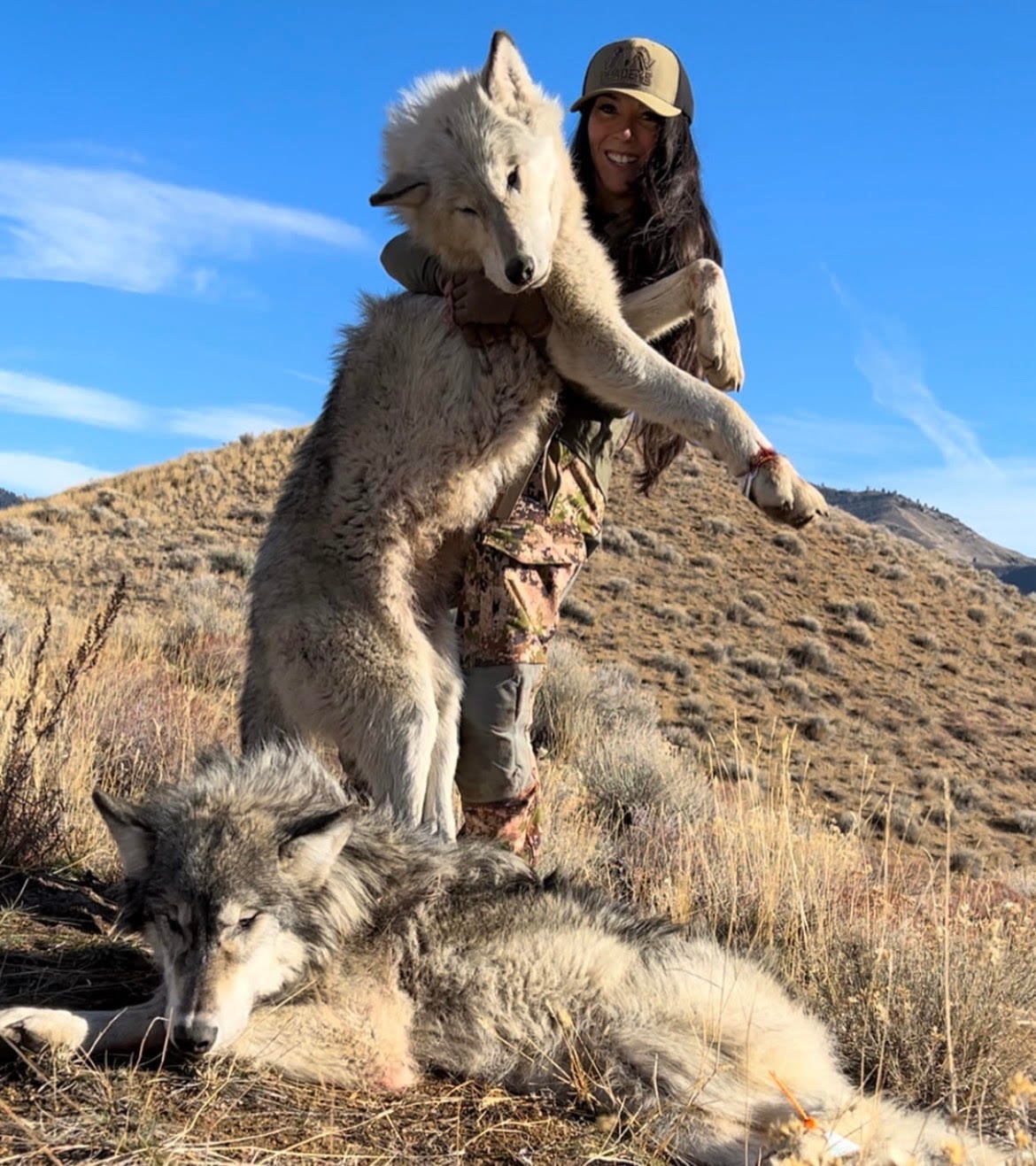Podcast Episode Analysis
Host and Guest Introduction:
Zach Hanson: Engaging and enthusiastic about trapping and hunting. He brings a friendly and conversational tone to the podcast.
Kate Small: Comes across as knowledgeable and passionate about her craft. Her background in emergency medicine and neuroscience, along with her experience as a big game hunter and trapper, adds depth to the discussion.
Episode Themes & Key Discussions:
The episode covers a wide range of topics from trapping techniques, wildlife management, to personal experiences in hunting and trapping.
Kate Small's story of bidding on wolf traps at a banquet and her initial experiences in wolf trapping provides a compelling narrative.
The discussion about managing wolf populations and the impact on the ecosystem is informative and highlights the complexities of wildlife management.
Behind the Scenes Insights
The conversation flows naturally, suggesting a well-prepared host and a guest comfortable with the topic.
The podcast seems to aim at educating and engaging its audience on hunting and trapping, with a focus on practical advice and real-life experiences.
The mention of products like Trapline Coffee and the Nationals Trappers Association indicates a subtle approach to promotion, aligning with the interests of the audience.
Impact and Takeaways
Listeners are likely to gain valuable insights into wolf trapping and the broader context of wildlife management.
Kate Small's experiences and perspectives may inspire and educate aspiring trappers and hunters, particularly in the nuances of predator management.
Reflection:
The second episode of "The Okayest Hunter" podcast, featuring host Zach Hanson and guest Kate Small, offers a deeply engaging and insightful exploration into the world of trapping and wildlife management. Kate Small, with her rich background in emergency medicine and neuroscience, coupled with her prowess in big game hunting and trapping, brings a unique and authoritative perspective to the discussion. This episode skillfully balances technical advice on trapping with broader themes of wildlife conservation, making it not only an educational resource for enthusiasts but also a thought-provoking listen for a broader audience. The natural flow of conversation and professional production quality further enhance the listening experience, showcasing the podcast's commitment to delivering both informative and relatable content. Overall, this episode stands out as a compelling blend of personal experience and practical guidance, effectively capturing the complexities and fascinations of the outdoor hunting and trapping world.




